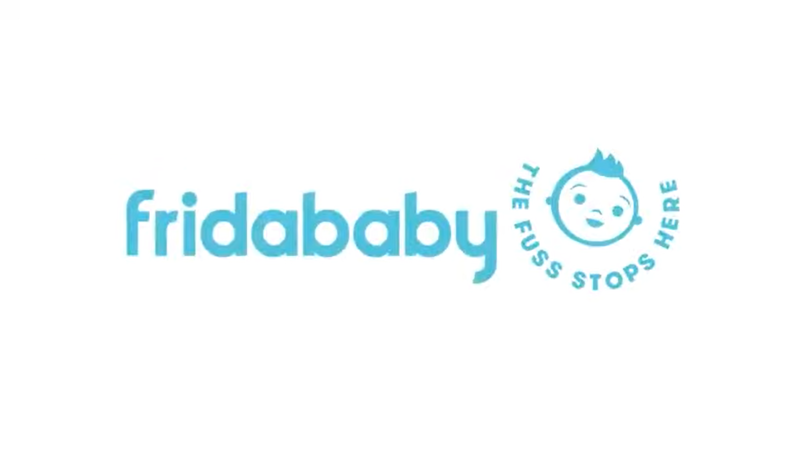Urban Legends of the Bill of Rights: First Amendment
Sign up for a six month free
trial of The Stand Magazine!
You’ve heard that the Bill of Rights protects group rights - you heard wrong.
Every right protected in the Bill of Rights is an individual right. There is no such thing as a collective right or a group right under the Founders’ Constitution. Every right - the free exercise of religion, speech, press, assembly, petition, the right to keep and bear arms, the right to be free from unreasonable searches, the right to a trial by jury, the right to be free from cruel and unusual punishment, etc. - is a right that belongs to every individual American. It belongs to him as an individual and not because he is a part of a favored group.
You’ve heard that churches have religious liberty rights because they are churches - you heard wrong.
The fact that constitutional rights are individual rights is clarifying in a number of ways. For instance, churches do not have religious liberty rights because they are churches. They have religious liberty rights because every individual in them has religious liberty rights.
Newspapers do not have the right to freedom of the press because they are newspapers. They have the right to freedom of the press because every reporter who works for one does.
This, by the way, answers the question about whether bloggers or Facebook posters or Tweeters have freedom of the press rights even though they are not professional journalists or members of the institutional press. Of course they do. Every individual American possesses the right to publish his opinions in any form whether he gets paid to do it or not. A blogger has exactly the same right to freedom of the press as a reporter for the New York Times.
Amazingly, even the 9th Circuit nailed this in 2014 when they ruled in the Obsidian v. Cox case that blogger Crystal Cox was entitled to the First Amendment right to freedom of the press. "As the Supreme Court has accurately warned, a First Amendment distinction between the institutional press and other speakers is unworkable."
This is why the Court was certainly correct in its Citizens United ruling, which authorized corporations to engage in electioneering. The reason is simple: associations are simply associations of a whole bunch of individuals who possess the constitutionally guaranteed right to freedom of political speech. Because every member of an association possesses an individual right to freedom of speech, then the association does too because members of the association do not forfeit fundamental constitutional rights just because they work in concert with other individuals who have the same right.
Said the Court, "If the First Amendment has any force, it prohibits Congress from fining or jailing citizens, or associations of citizens, for simply engaging in political speech."
It might be added that churches constitutionally have exactly the same constitutional right. A church consists of an association of individuals who have the right not only to the freedom of religion but also to freedom of speech. IRS or no, there is no way under the Founders’ Constitution for churches to be restricted from engaging in as much electioneering as they wish. Now the vast majority of churches won’t, but that’s not the point. They all, each and every one of them, have that right and may exercise it if they wish.
The liberal black church has engaged in direct political action for decades. Politicians speak in their pulpits regularly on the Sundays immediately prior to elections, and their pastors urge their parishioners to vote for the Democrat they just heard from the pulpit. Constitutionally, there is nothing wrong with this in any way, shape or form. The problem is when the IRS tries to stop conservative churches from doing the same thing. That’s an infringement on their First Amendment right to freedom of speech as well as their right to the free exercise of religion.
The author may be contacted at [email protected]

Sign up for a free six-month trial of
The Stand Magazine!
Sign up for free to receive notable blogs delivered to your email weekly.



















